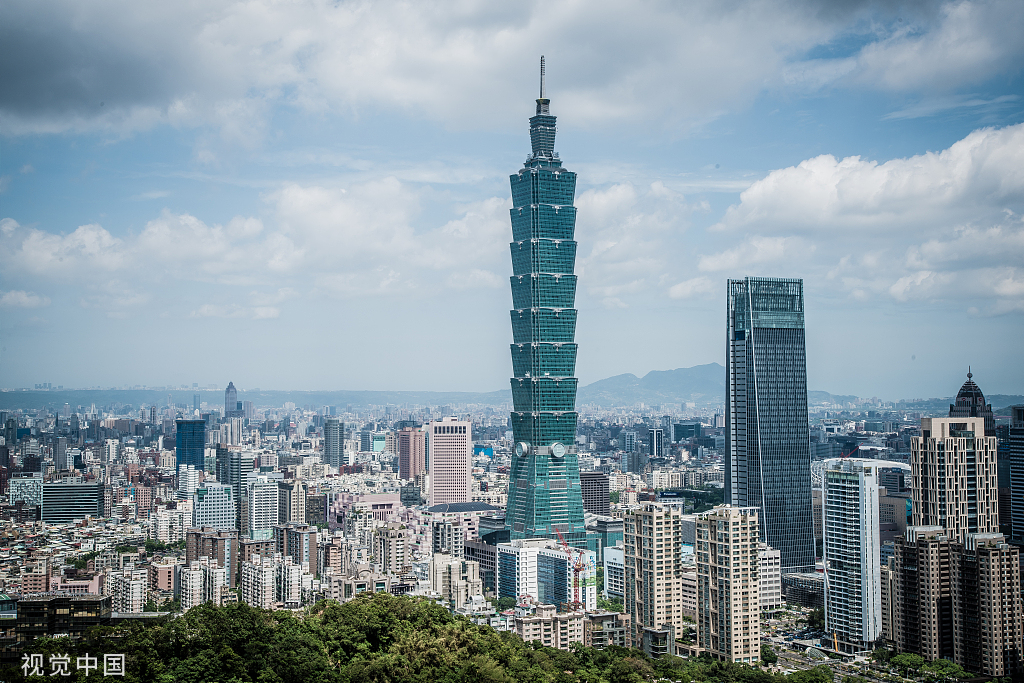Tsai's provocations come at a cost: China Daily editorial
chinadaily.com.cn | Updated: 2019-07-31 23:04

Individual travel permits to Taiwan for people from the Chinese mainland were suspended on Wednesday. It was a decision that came out of the blue. But in light of the current state of cross-Straits relations, it may be just the first of a series of moves.
It is noteworthy that this is the first time individual travel permits have been suspended since the program, which applies to the residents of 47 major mainland cities, was launched in 2011.
The move shows the extent to which cross-Straits relations have plummeted over the past three years, since the pro-independence Democratic Progressive Party administration led by Tsai Ing-wen took office on the island.
And it is the antics of the Tsai administration that have prompted this move.
But even before the permit suspension was announced, the number of mainland travelers visiting the island had declined, as Tsai and her administration have poisoned sentiment on the island toward mainland tourists, dampening their enthusiasm to visit.
Tourists from the mainland paid about 4.18 million trips to Taiwan in 2015, about 40 percent of the total visits it received from outside, while the number was 2.69 million, accounting for 25 percent of the total visits last year.
Tsai has every reason to reflect on why the island's tourism revenue, a pillar of its economy, has decreased for three consecutive years since she took office.
Although two travel bus accidents in 2016 and 2017 — which killed 26, including 24 mainland tourists and 34 foreign visitors, respectively — have contributed to the sharp fall of tourists from the mainland, it is the diehard separatist moves of the Tsai administration that are to blame for Taiwan losing its popularity among mainland tourists.
It is estimated the suspension of the individual travel permit program will reduce the number of visits by mainland tourists by about 700,000 in half a year, and exacerbate the negative growth of the island's tourism revenue. Which in turn will send ripples across the island's "presidential election" that is scheduled for January, as it may prompt the Taiwan people to think about whether it is worthwhile to continue to be bound with a secessionist "leader" on the same ghost ship for another four years.
In fact, Beijing has exercised considerable restraint in the face of all the provocations of Tsai since she took office in 2016. Beijing clearly separates the Taiwan compatriots from the secessionists, and tries its best to minimize the effect its countermeasures have on ordinary residents.
But if Tsai continues with her fantasy that the tail can wag the dog, and ignores the interests of the Taiwan people along with all warnings from Beijing, including this week's military drills in waters near the island, she is in for a rude awakening.
























